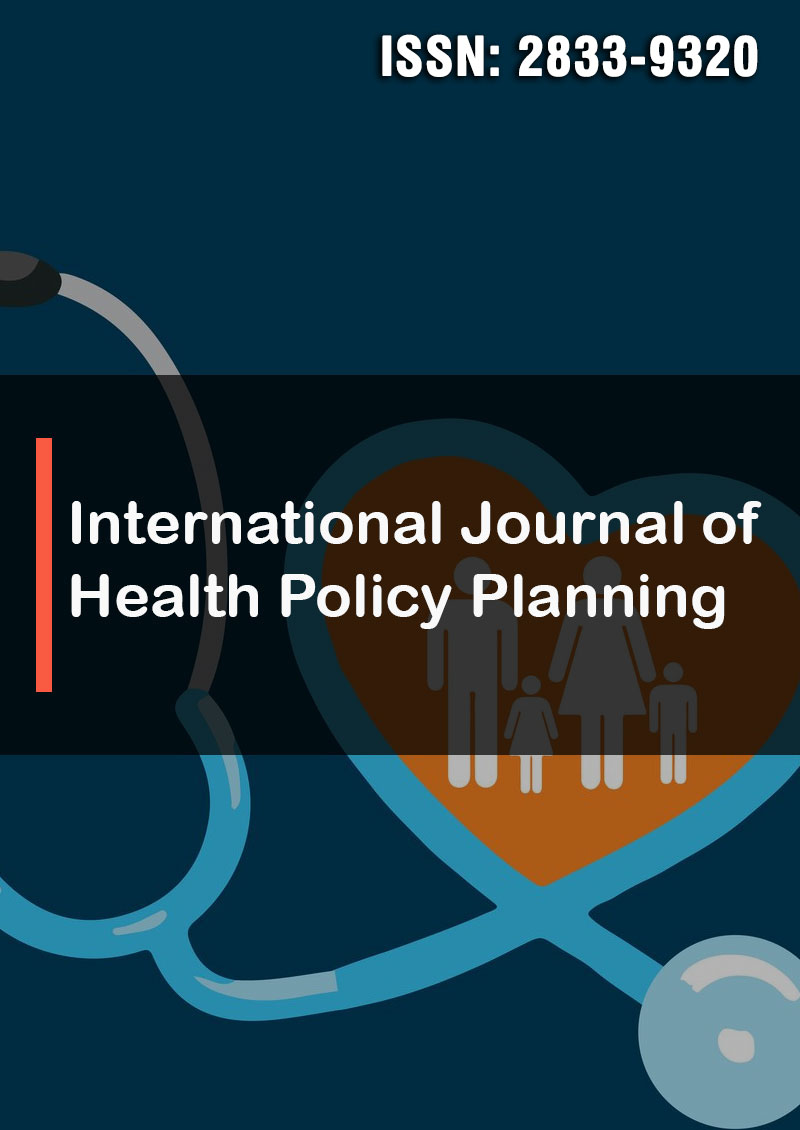Assessing Lesothos Financial Burden of Household Payments and Access to Healthcare, 2022
Abstract
Mesfin G Zbelo, Mapenane Anastacia Lesaoana, Ramahlapane Abel Lechesa, Nthabiseng Victorious Masia
Background: Health care financing is primarily about paying for health care. It motivates health care providers to increase the supply of health care goods and services to ensure that all individuals have access to effective public health and personal health care services and goods. The ultimate intent is to improve the health of individuals and the general population in line with the principles of Universal Health Coverage. When patients’ OOP reaches a certain level, some people forgo health care due to the price, and others who access services face financial difficulties.
Objective: The specific objective of the present study is to determine access to essential health services by households and the financial burden posed as a result of their intent to utilize theses services.
Methods: The paper uses data from the national household income and expenditure survey (2018/19). It provides an insight into the health care expenditure and evidence on whose health service needs the health system meets and the household financial burden by health payments.
Results: Out-of-pocket health expenditure (OOP) as a share of total health expenditure on average stands at 11.1% in 2018/19. About 3.3 % of households or 4,295 households that corresponds to about 17,180 individuals spend 52.1 % of their net of food income (non-subsistence income) on healthcare – a catastrophic level of household spending.
Conclusion: Despite the low rate of out-of-pocket investing by families, and moderately expanding domestic investing in health care, Lesotho health care system requires a combination of policies to ensure fair financing of health care.




